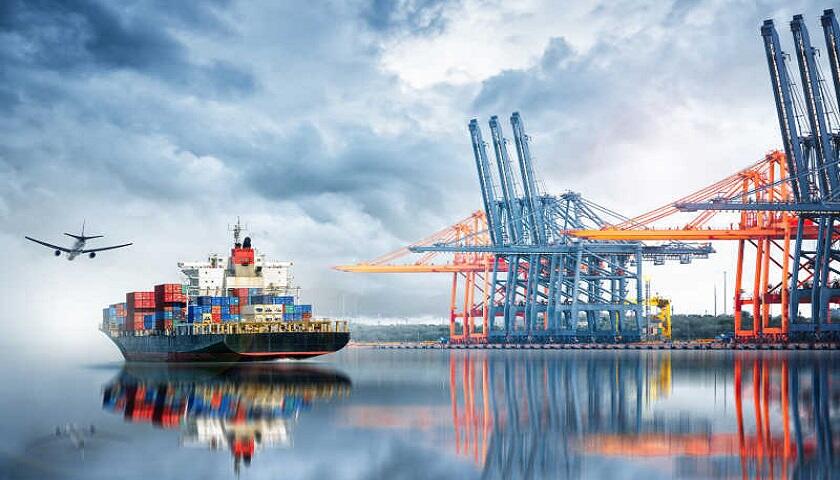enterprise logistics
Enterprise logistics represents a comprehensive system that manages the flow of goods, information, and resources within an organization. This sophisticated framework encompasses warehouse management, inventory control, transportation coordination, and supply chain optimization. Modern enterprise logistics leverages advanced technologies like artificial intelligence, Internet of Things (IoT) sensors, and cloud computing to streamline operations and enhance efficiency. The system integrates real-time tracking capabilities, automated sorting systems, and predictive analytics to ensure seamless movement of products from suppliers to end customers. Key functionalities include demand forecasting, route optimization, inventory management, and order fulfillment automation. The platform utilizes smart warehousing solutions, incorporating robotics and automated guided vehicles (AGVs) for efficient storage and retrieval operations. Furthermore, enterprise logistics systems feature robust data analytics capabilities, enabling businesses to make informed decisions based on historical patterns and market trends. These solutions are scalable and adaptable, serving industries ranging from retail and manufacturing to healthcare and e-commerce, providing end-to-end visibility and control over the entire supply chain process.


